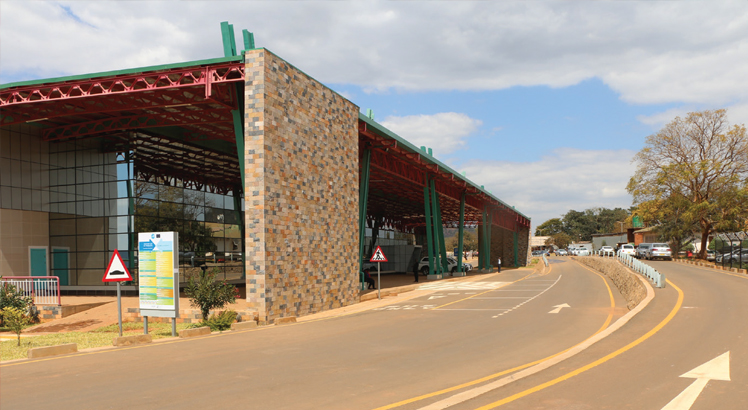CoP28 resolutions irk UN, local expert
The United Nations (UN) secretary general and a local expert have bemoaned the resolutions on climate financing made at the just-ended UN Conference of Parties (CoP28) amid concerns that they would not address the financing gaps in developing countries.
The CoP28 ended on Wednesday, a day later than the initially planned Tuesday as the delegates failed to reach a unanimous resolution to include a clear reference to a phase-out on fossil fuels in the CoP28 text.

UN Secretarry General Antonio Guterres hailed the countries for creating a framework to operationalise the loss and damage fund, but stressed that it was too little to help low-income countries, most of which are deep in debt.
He said in a statement posted on UN News: “Many vulnerable countries are drowning in debt and at risk of drowning in rising seas. It is time for a surge in finance, including for adaptation, loss and damage and reform of the international financial architecture.”
Under the new framework, developing countries pledged to double the financing to climate adaptation from $40 million to $80 million. However, this is significantly lower than the $250 million the United Nations Environment Programme estimates LICs need to finance climate adaptation initiatives.
Reacting to the developments, Civil Society Network on Climate Change national coordinator Julius Ngoma said the commitments are too little to improve developing countries’ resilience to economic shocks.
“If you look at the estimates from Unep, we are still very far below the expectations. $80 million is a mere fraction of what developing countries need. So, there is progress on the operationalisation, but we are disappointed with the allocations.”
In an earlier presentation, Minister of Climate Change and Natural Resources Michael Usi urged stakeholders at the CoP28 to operationalise the Loss and Damage Fund for vulnerable countries such as Malawi to “start benefiting in order to address the losses and damages incurred due to climate-related disasters”.
The World Bank and International Monetary Fund have in separate reports cautioned that the country’s vulnerability to weather and climate-related shocks, if left unchecked, would dampen prospects for economic growth considering its heavy dependence on the agricultural sector for imports and job creation.






One Comment